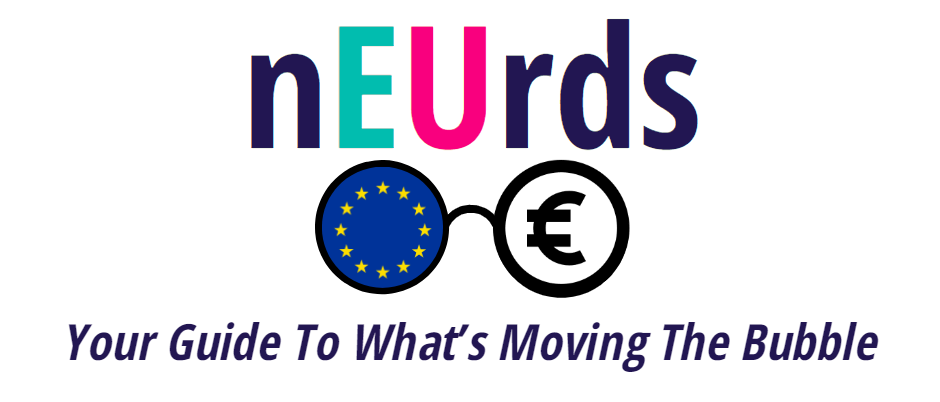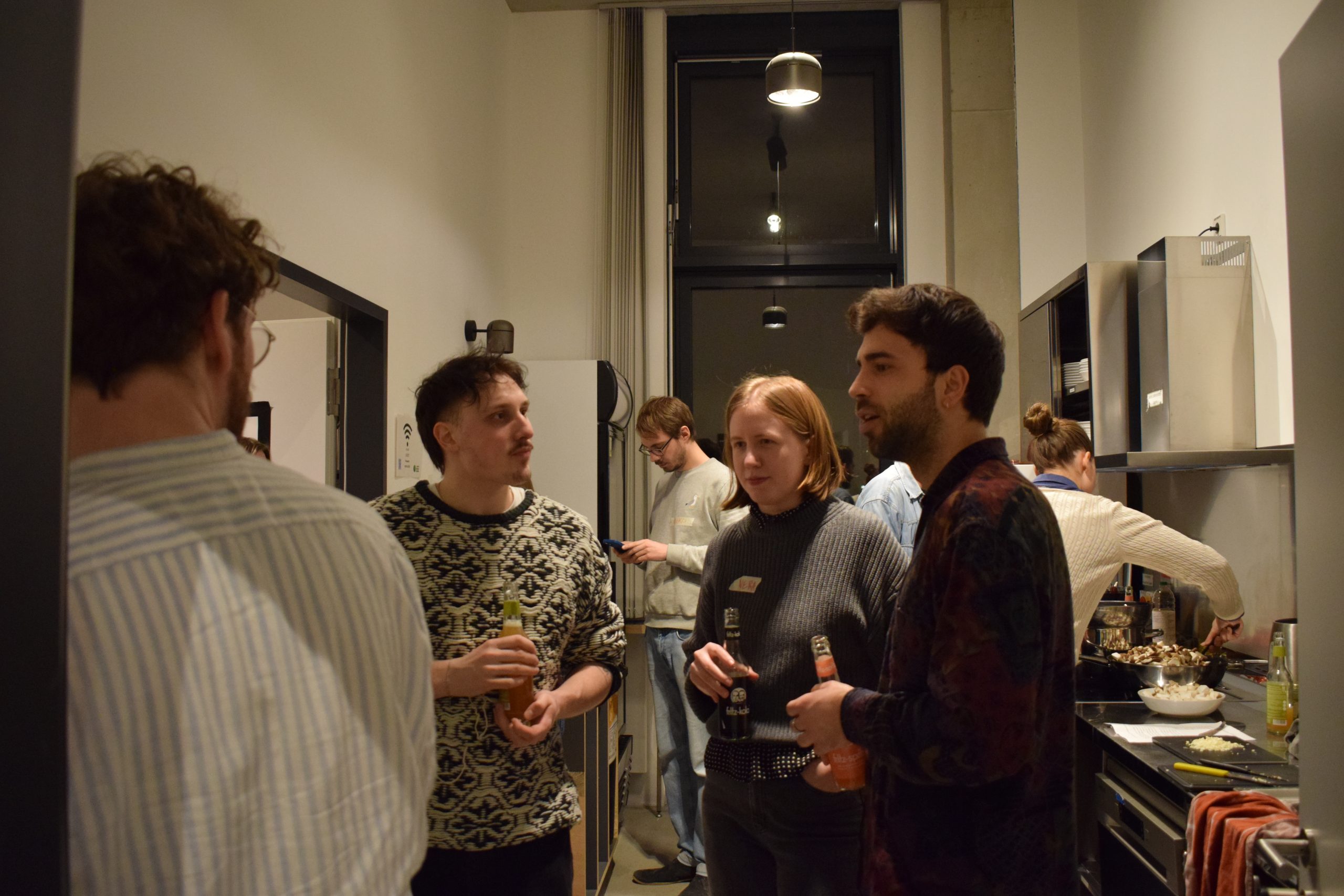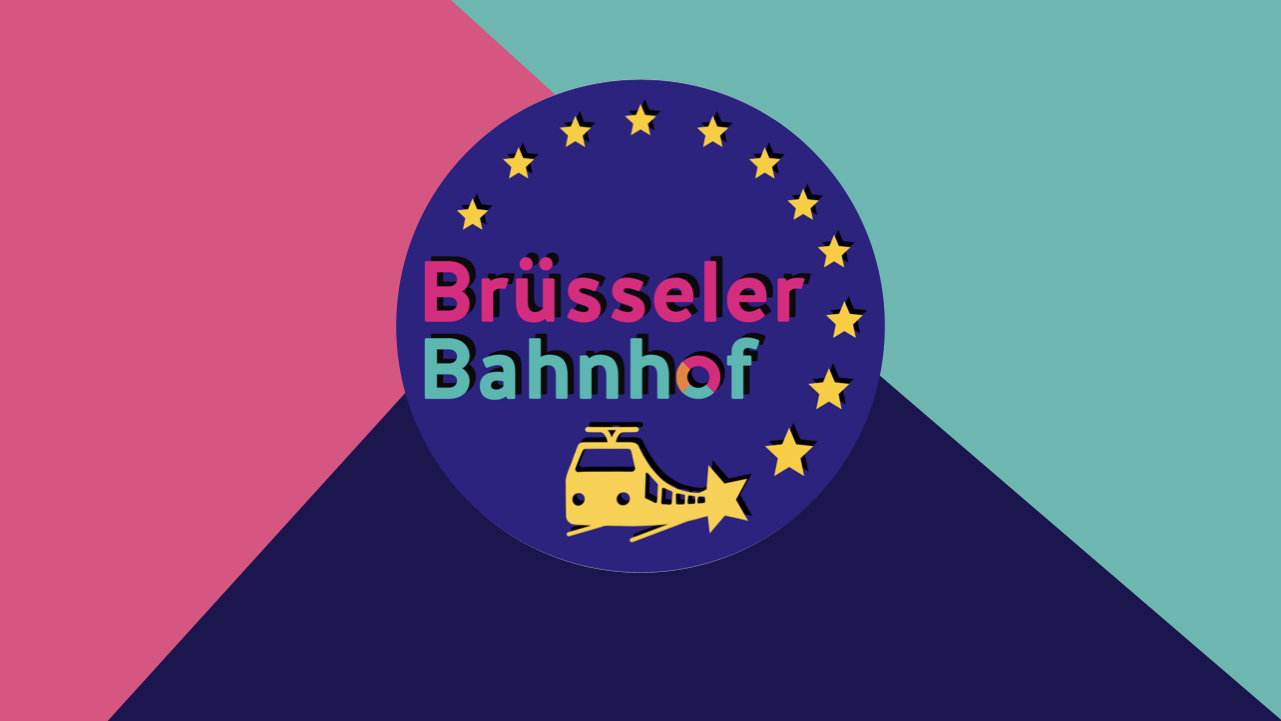nEUrds Newsletter – Your Guide To What’s Moving The Bubble: 5th Edition
Written By Lukas Seelig (LS), edited by Moritz Pohl (MP) coming to you from Polis180’s “European Economic Policy” programme inviting you to subscribe for free by dropping us a line here or an Instagram-DM here. Hey there, curious minds and all-around Brussels enthusiasts! Welcome back to the latest edition of our nEUrds newsletter, … Weiterlesen …



